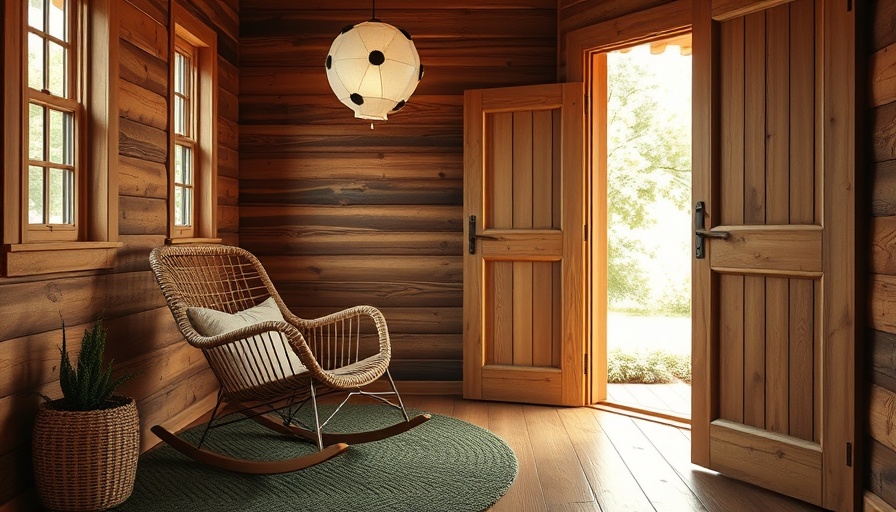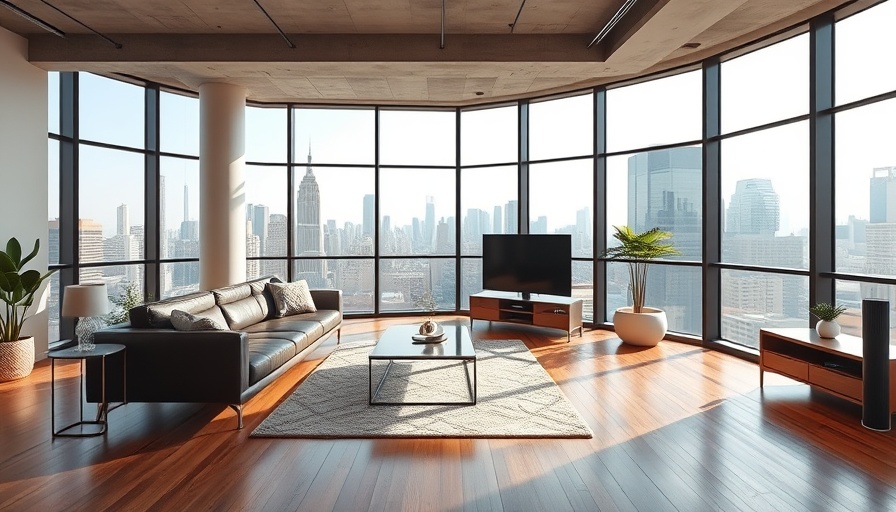
Your Essential Guide to Basement Conversions in Brooklyn
For homeowners in Brooklyn, converting a basement into a functional living space is an enticing prospect. However, navigating through the intricate maze of legal and zoning considerations can be daunting. Understanding the specific requirements and regulations can save you from potential fines and ensure your new space serves its purpose while complying with the law.
Understanding Zoning Regulations
Before embarking on any basement conversion project, it’s crucial to familiarize yourself with Brooklyn's zoning regulations. Typically, these rules dictate what types of structures are permissible, how they can be modified, and the boundaries of your property. Consult the NYC Department of City Planning for information specific to your neighborhood to avoid issues.
The Importance of Obtaining Proper Permits
Failing to acquire the necessary permits is a common pitfall for many homeowners. A building permit confirms that your project complies with all safety codes, and without it, you risk costly fines and the possibility of being required to undo your renovations. Depending on the scope of your project, you may also need additional permits such as a Certificate of Occupancy. It sets out the legal status of your basement conversion.
Safety Considerations: Egress and Ventilation
To ensure your basement is not only legal but also safe, adequate egress is a requirement. This means that your converted space must have an accessible exit in case of an emergency. Window wells, additional doors, and stairwells can help meet these standards. Ventilation is equally important; proper air circulation reduces humidity, improving air quality and preventing mold.
Balancing Aesthetic Appeal with Compliance
While adhering to legal considerations is paramount, don’t overlook the opportunity to create a beautiful and inviting basement. Invest in professional help for aesthetic upgrades that can also help with compliance, such as selecting the right materials for insulation or choosing energy-efficient lighting options that look great while adhering to building codes.
Future Trends in Basement Conversions
The rise in remote work has shifted the way we utilize space within our homes. By tapping into the potential of basements, homeowners can create additional home offices, rental units, or personal retreats. As demand for flexible living spaces grows, understanding how to convert basements in compliance with regulations will be key for maximizing property value.
Common Misconceptions About Basement Conversions
Many homeowners assume their basements are simply extensions of their property that can be modified without restriction. However, legality hinges on zoning laws and residential codes. Misunderstandings can lead to unforeseen obstacles during actual renovations. Make informed decisions by consulting legal experts when in doubt.
Real-Life Case Studies: Success Stories
Consider John and Sarah, who transformed their Brooklyn basement from a damp storage area into a chic apartment that now serves as a rental unit. By thoroughly researching local regulations and working with a qualified architect, they navigate the permit requirements seamlessly. Their success illustrates the importance of understanding the legal landscape before starting renovations.
Taking Action: Your Next Steps
As regulations evolve, staying informed is vital. Reach out to local authorities or consulting firms that can assist in understanding the legalities around basement conversions specifically targeted to Brooklyn homeowners. Your dream basement lies within the grasp of understanding and complying with the rules.
To ensure your basement conversion journey is as smooth as possible, enhance your knowledge by keeping up with the latest legal and zoning developments. Join community forums, attend local homeowner association meetings, or schedule consultations with real estate attorneys specializing in New York City property law. Make your dream space a reality—legally and confidently!
 Add Row
Add Row  Add
Add 




 Add Row
Add Row  Add
Add 

Write A Comment